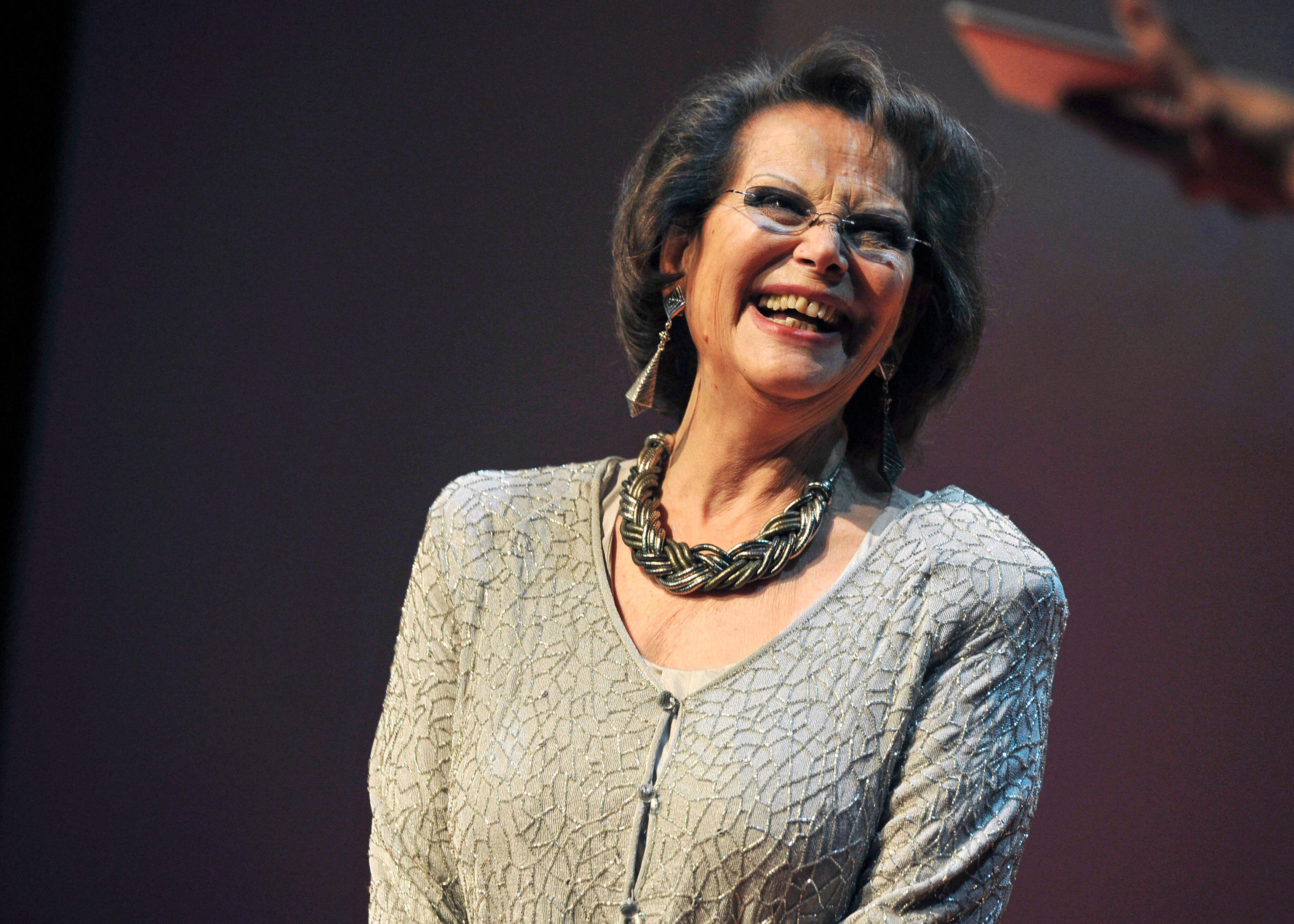In the waltz scene from The Leopard by Luchino Visconti, Claudia Cardinale couldn't have been more of an actress. At one moment, the Italian was almost naive, dressed in white, like a princess from a fairy tale. She looked up at Burt Lancaster and let herself be carried away, head held high, left hand limp, with an overwhelming smile. In the next moment, the shot would close in, and Cardinale would whisper something to her dance partner, the Prince of Salina. Her husky voice just above the Strauss music would transform the girl into a matriarch, commanding Lancaster and overshadowing the presumptuous character of Alain Delon in the background.
Claudia Cardinale was 24, 25 years old during The Leopard, at the perfect moment when her career transitioned from European art cinema to Hollywood. In both worlds, there was no star like her: not Sofia Loren, not Brigitte Bardot, not even Liz Taylor had Cardinale's challenging presence. Six decades after The Leopard, the actress has passed away at the age of 87.
There is a Tunisian film from 1996 that may not compare to Cardinale's masterpieces, but it helps explain her origins. Titled A Summer in La Goulette (Férid Boughedir, 1996), it portrayed life on the Tunisian coast in the 1950s, just before the Six-Day War, where Jews, Muslims, and Christians spent their summers peacefully on the beach.
La Goulette is the suburb of Tunis where Cardinale, daughter of Italians and raised in French, spent her childhood and was discovered by chance. "Tunisia is the country I love the most. I admit it. I love France, I love Italy, but Tunisia remains the country in my heart," Cardinale said in an interview published by ELMUNDO last February. In the final scene of A Summer in La Goulette, Cardinale appeared as herself, joyfully returning home after 40 years.
Of course, initially, Cardinale was not the iconic figure she later became. Initially, she was a girl shaped by her discoverer, businessman, lover, and tyrant, Franco Cristaldi, producer for Visconti, Pontecorvo, and Pietro Germi, among others, and a driving force behind Cardinale's career. Her first significant appearance was a brief and haunting role in Rocco and His Brothers.
Her first leading role was in Cartouche, a swashbuckling film alongside her perfect partner, Jean-Paul Belmondo. "Belmondo and I had a lot of fun. We would hide under tables at boring dinners and throw bread at each other," Cardinale shared in her February interview. Then came The Leopard and 8 1/2 by Fellini.
Cardinale's image in 8 1/2 is as iconic as in The Leopard: dressed in satin or in her crow dress, overexposed with a white light against a dark background, breathtakingly beautiful, Cardinale became a goddess descended from Olympus, more than human in the neurotic eyes of Mastroianni. Mastroianni, by the way, fell in love with Claudia, but she didn't take him seriously.
"When she smiles, her eyes turn into two black holes, shining with something mischievous, wild, intense, southern," wrote Alberto Moravia about Cardinale during that time, dedicating a book to her and seeing her star in the adaptation of his novel "The Indifferent Ones."
This intellectualized and dehumanizing path did not continue because Cardinale's next step was the United States. In The Pink Panther, she sang, danced, and was charming in the style of Ann-Margret. There were a handful of more commercial films alongside stars like Rock Hudson, but Cardinale arrived too late for Hollywood's Golden Age and too early for New Hollywood.
Before the decade ended, the Italian actress was in Spain, filming Once Upon a Time in the West with her compatriot Sergio Leone. For him, she created another historical character: the prostitute who transitioned from cunning to heartbroken in seconds. A decade later, her role in the legendary Fitzcarraldo by Werner Herzog pushed that mold to the extremes of expressionism.
Along the way, something happened. Cardinale left Franco Cristaldi for filmmaker Pasquale Squitieri. Cristaldi then decided to sabotage the actress's career, forcing her to start over in Europe. It wasn't the only trauma in her life. Before her career began and while still single, Cardinale, at 19, had a son whom she raised in secret to avoid tarnishing her public image. When Cardinale rebelled against this hypocritical regime, she became a feminist heroine in Italy and France. Her biography was titled The Indomitable.
One more mention must be made: The Legend of Frenchie King (1971), another spaghetti western filmed in Spain, brought Cardinale together with Brigitte Bardot. The image of the two gun-wielding stars is a treasure of the 20th century.
